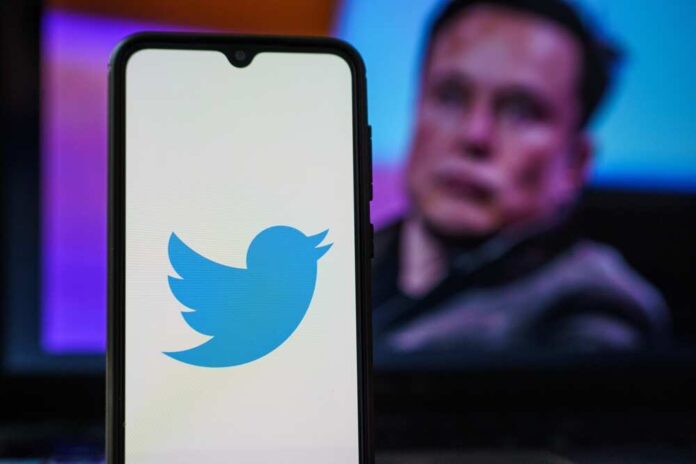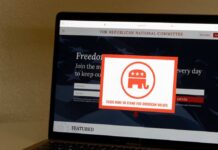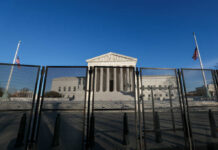
In a bold move to disrupt the elitist verification system on Twitter, billionaire owner, and CEO Elon Musk recently implemented a new regime where the previously coveted blue check marks were replaced with a subscription-based system open to everyone. This change has left celebrities and journalists who once enjoyed their exclusive status in a fury as their checkmarks were stripped away.
The new subscription option costs a mere $8 per month, making it accessible to all users wishing to verify their accounts. However, numerous high-profile figures expressed outrage on the platform rather than taking advantage of this affordable option. Alyssa Milano, for instance, lashed out at Twitter and Musk, questioning their liability for potential identity theft, defamation, or fraud. In addition, Bette Midler mockingly suggested that Musk’s decision was fueled by humiliation and a lack of funds.
— UltraMaga Strong (@BDontappear) April 24, 2023
dont worry, their bullshit only has the possibility of making you sound smarter https://t.co/auIUwaiDk1
— Michael Malice (@michaelmalice) April 20, 2023
While the previous system was designed to protect prominent figures from impersonation, it quickly became a status symbol, handed out to favored users by the employees at Twitter. Moreover, it was marred by bias, as prominent conservative and anti-establishment accounts such as James O’Keefe and Julian Assange were denied verified status.
Musk’s new system aims to end the biased approach to verification, but it comes with its own challenges. For example, pranksters and impersonators could pay for a blue checkmark, making it difficult to differentiate genuine accounts from fraudulent ones. However, there are potential benefits, including raising the costs for spam bot operators who now compete against a larger mass of verified accounts.
class and blue check mark… only one of which you have. https://t.co/1gNgMNxB8j
— Deplorable Michael (@LeoLionMAGA) April 24, 2023
Lol @elonmusk putting Alyssa with her #BlueCheckMark complaints, in her place https://t.co/iKqqOAvw49 pic.twitter.com/oC6LIKxEUF
— 🇺🇸huwhitememes ✯ (@huwhitememes) April 22, 2023
Elon Musk took away their Blue Check mark because they wouldn't pay for it. Babylon Bee video, lol. pic.twitter.com/IpjYKQpNqJ
— D. Scott @eclipsethis2003 (@eclipsethis2003) April 22, 2023
Over the weekend, Musk seemingly bowed to the pressure from the former blue checkmark holders. He verified a variety of celebrity accounts with little explanation behind his choices. He may have only been playing the subsidized accounts for a reaction.
It's chaos, FOLKS. Hope you didn't plan on having fun this weekend. pic.twitter.com/jDDJEvQiXB
— Eddie Scarry (@eScarry) April 21, 2023
1 minute after blue checkmarks are revoked pic.twitter.com/3hN0OV1syx
— Brandon (@LibertyFitteds) April 20, 2023
Despite the outcry from certain celebrities, Musk’s decision may not significantly impact Twitter’s revenue. Digital intelligence platform Similarweb analyzed desktop sign-ups for Twitter Blue and detected only 116,000 confirmed subscriptions last month, which at $8 or $11 per month does not represent a significant revenue stream.
Musk’s decision to implement this new verification system may be an attempt to make the platform more inclusive and less biased. As the subscription-based system gains traction, it is expected that more users will have the opportunity to enjoy the benefits of being verified, making Twitter a more level playing field for all.
Celebrities and journalists who once flaunted their elite status on the platform are now left to either accept the new system and subscribe or continue complaining about losing their exclusive blue checkmarks. In either case, Musk is unapologetic about his move to democratize the verification process, regardless of the complaints from the disgruntled legacy blue checkmark users.














